
This time I don’t feel like sharing wishes for the end-of-the-year fests. This is not an SRI Newsletter, just a personal thought I want to share.
The reason is the dreadful situation of the world these last days, or should I say in these months or years.
We are witnessing the evident proof of the profound immaturity of our civilization. We are besieged by many global crises, such as pandemics, climate changes, and economic crises, just to name the main ones. Instead of uniting our efforts to go over, the craziness is gaining momentum. The primitive practice of war –the state’s legal murdering – is expanding to the neighbors of Europe. Humanity is not driven by the best practices but by the worst ones. Political leaders complain about the lack of financial resources, but they spend 2 trillion/year on military expenditure, and that will get worse, considering the continuous rise of new wars.
But really? Will we really still allow violence as the unique means of solution for any dispute? Should we allow old imperialist strategies – already and many times condemned by history – to raise their stupid and backward head once again over the sacrosanct right of all peoples to self-determine their future and how they want to govern themselves? Now it is enough. We are sick to death of these immature leaders, we shall get rid of them everywhere.
We have other things to do, and many worthwhile projects to deal with. We cannot keep on spending our time and resources going after these primitive leaders anymore. Just think about what we could do with 2 trillion/year! In space, we could develop a cislunar economy in 10 years, just like we have gone to the Moon in 10 years almost 60 years ago. We could start building O’Neill Lagrange Cities, with simulated gravity and duly protection from space-hard radiation. To start mining the Moon and the asteroids to produce propellant in space, and further downsizing the cost of any space transport. In a few words, to accelerate civilian space development, and civil expansion into outer space. On Earth, we could eliminate plastic pollution in a few years. About climate, I am not that confident that we can really reverse any ongoing process, yet we could for sure adopt active strategies to adapt, protecting coastal regions from the possible rising of the sea level, and placing in orbit shields for chilling or mirrors to warming some regions, to contrast in turn warming or icing ages.
But no, all of the above shall remain “too much expensive”, while we are burning 2 trillion/year and thousands of precious human lives! How can you claim that I will be reasonable, smiling, and sharing my Best Wishes for the New Year??! Also, my personal thought is that I don’t make any difference between “innocent civilians” and soldiers. The soldiers are humans too. The soldiers are 20-year-old boys and girls, our children!!! They are murdered like civilians, and if and when they are back home, they will forever remember – and be mentally disturbed by — the horrors they have lived. The leaders ordering wars and terrorist actions are murderers, guilty of homicide and genocide. Such immature leaders should stay in prison, not being publicly honored and acknowledged as persons having the right to order, rule, and decide for our destiny.
I am really pissed off. I am serious, not joking.
Nothing, I say nothing, can justify killing thousands of lives, whoever they are, for any possible reason.
The only thing I can wish, for next year, is that the United Nations will make a step upward, in interpreting the general wish of the Earth’s good willing people to turn toward progress and ethical evolution. To do so, the U.N. should take more power, and start acting as a real authority, bringing undisciplined states to stop killing people and ruining economies. U.N. should also finally bring the COPUOS, its space branch, to the light, giving public speeches, outreaching about the urgent need to start expanding civilization into the geo-lunar space region, and soliciting states and privates to invest in such a very worthy epochal enterprise. At the same time, the U.N. should strongly educate world powers on general disarmament, converting all military expenditure into peace and life projects, with civilian space development in the first place.
I am sure that, should a world referendum be organized, such a position would get a large majority.
SRI, together with the NSS and almost 70 space advocacy organizations, is promoting a Space 18th SDG to be added to the U.N. 2030 Agency. Everybody is invited to support this campaign, and our delegation at COPUOS, that will restlessly work for this purpose, in 2024.
These are my thoughts, my bitterness, my mourning for the thousands of lives brutally assassinated, and my hopes for humanity for the next year. Since I remain a sincere humanist, and I am sure that the large majority of the people of Earth do not want such butchery to continue.
Please also try to spend some joyful hours with those you love, during these reflective and worrisome days. And if you really don’t feel like celebrating, think that I am with you and I hope that we can combine our efforts to give peace and love a chance.
Ad Astra!
Adriano V. Autino, SRI CEO and Founder
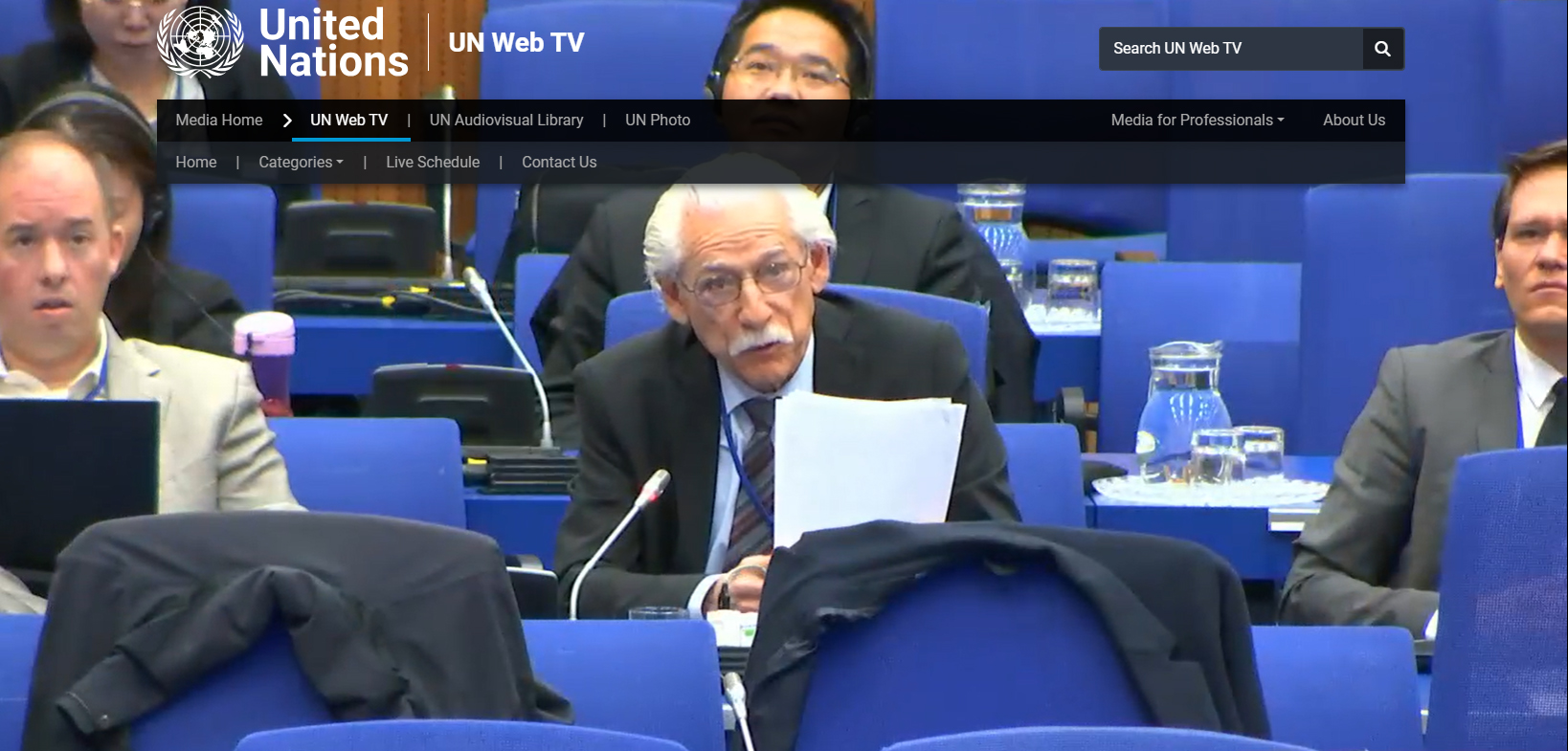
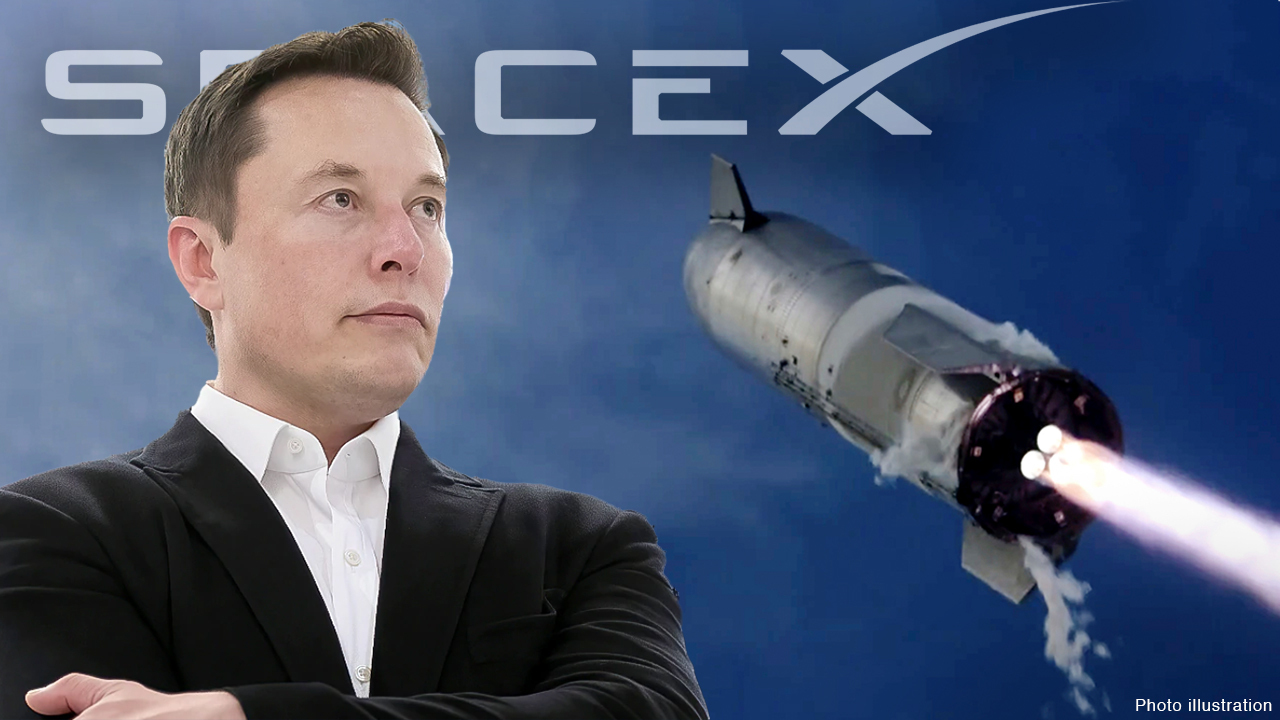

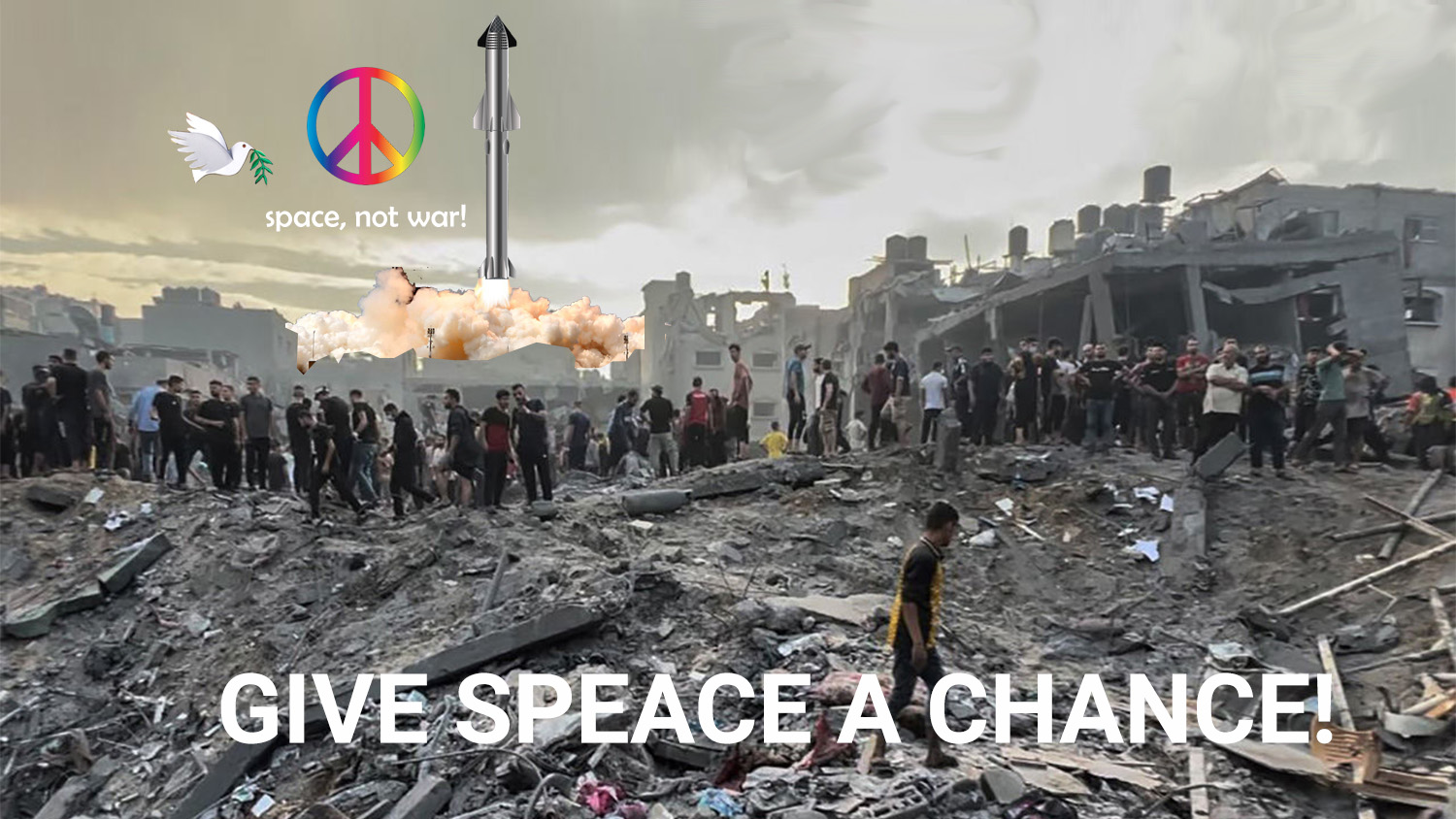

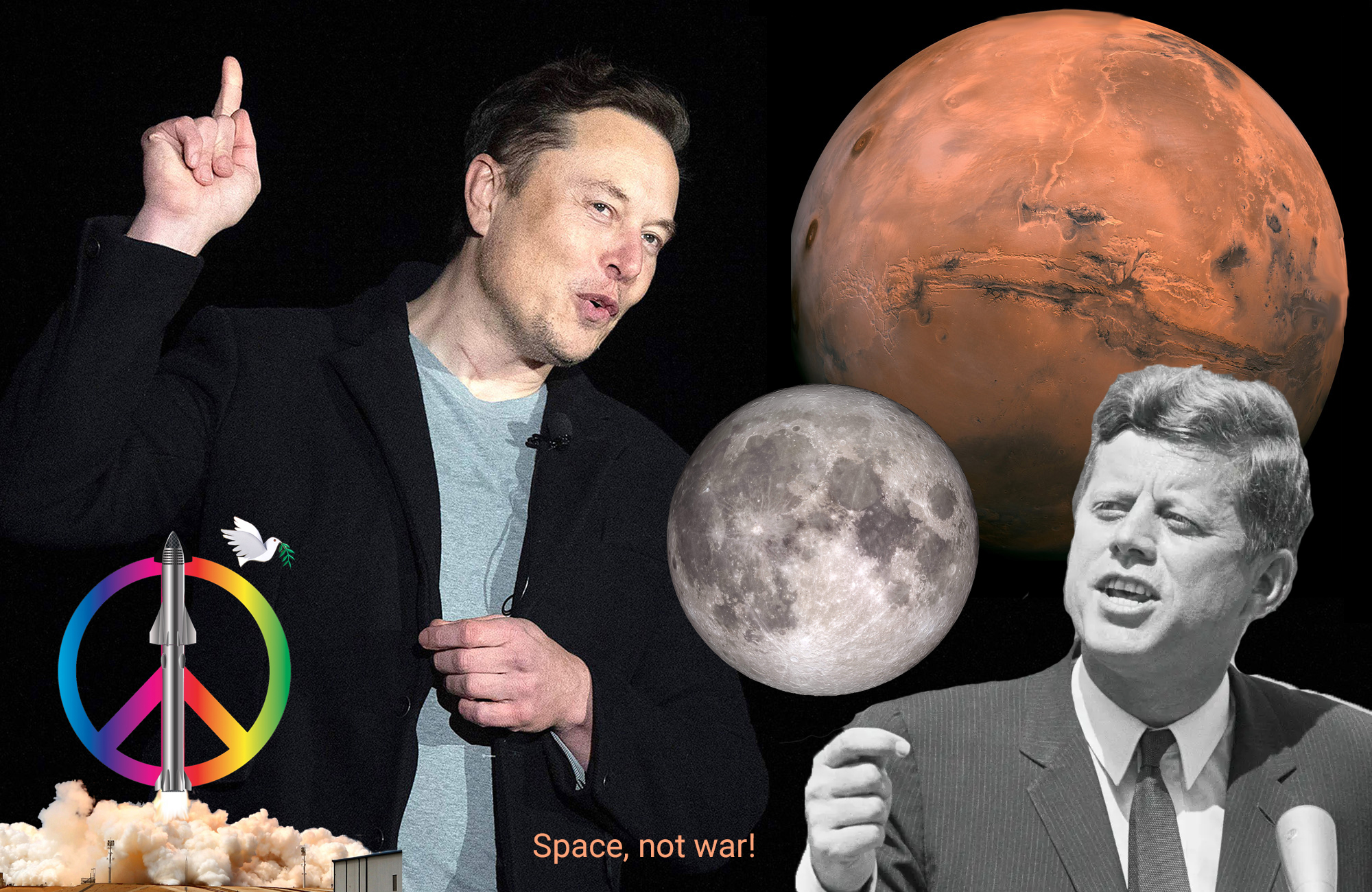

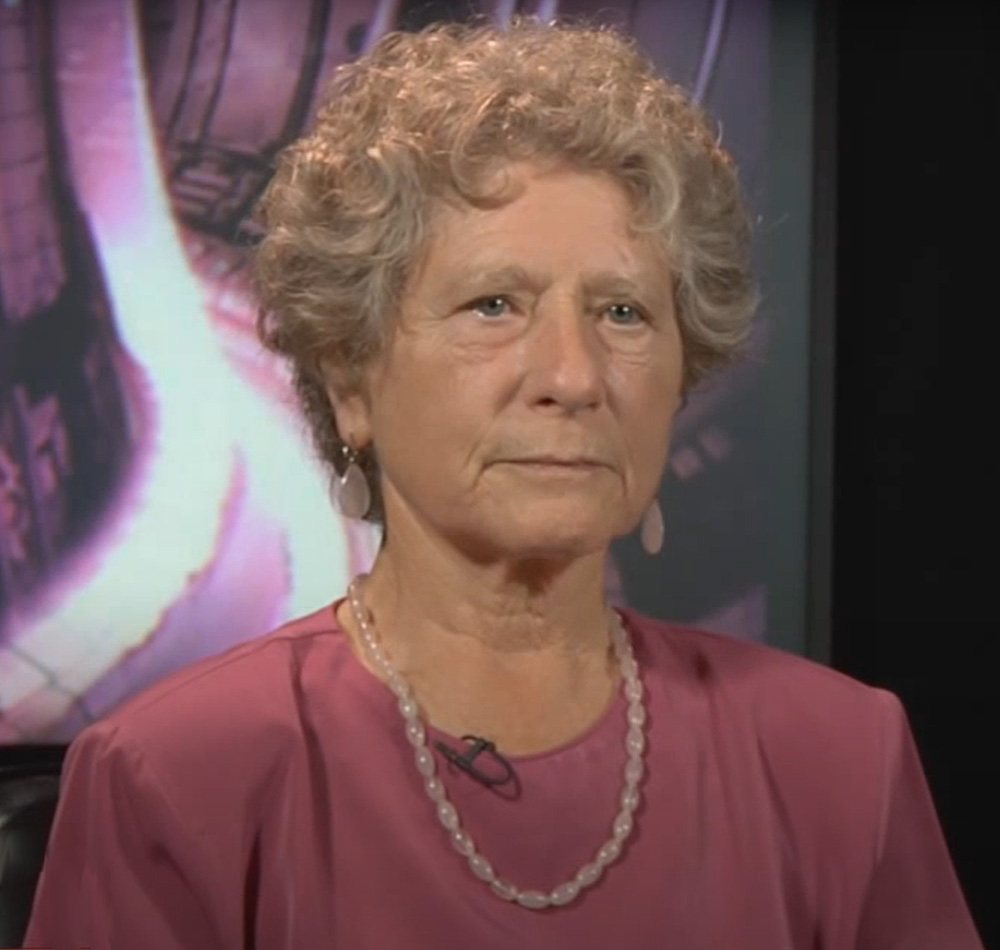
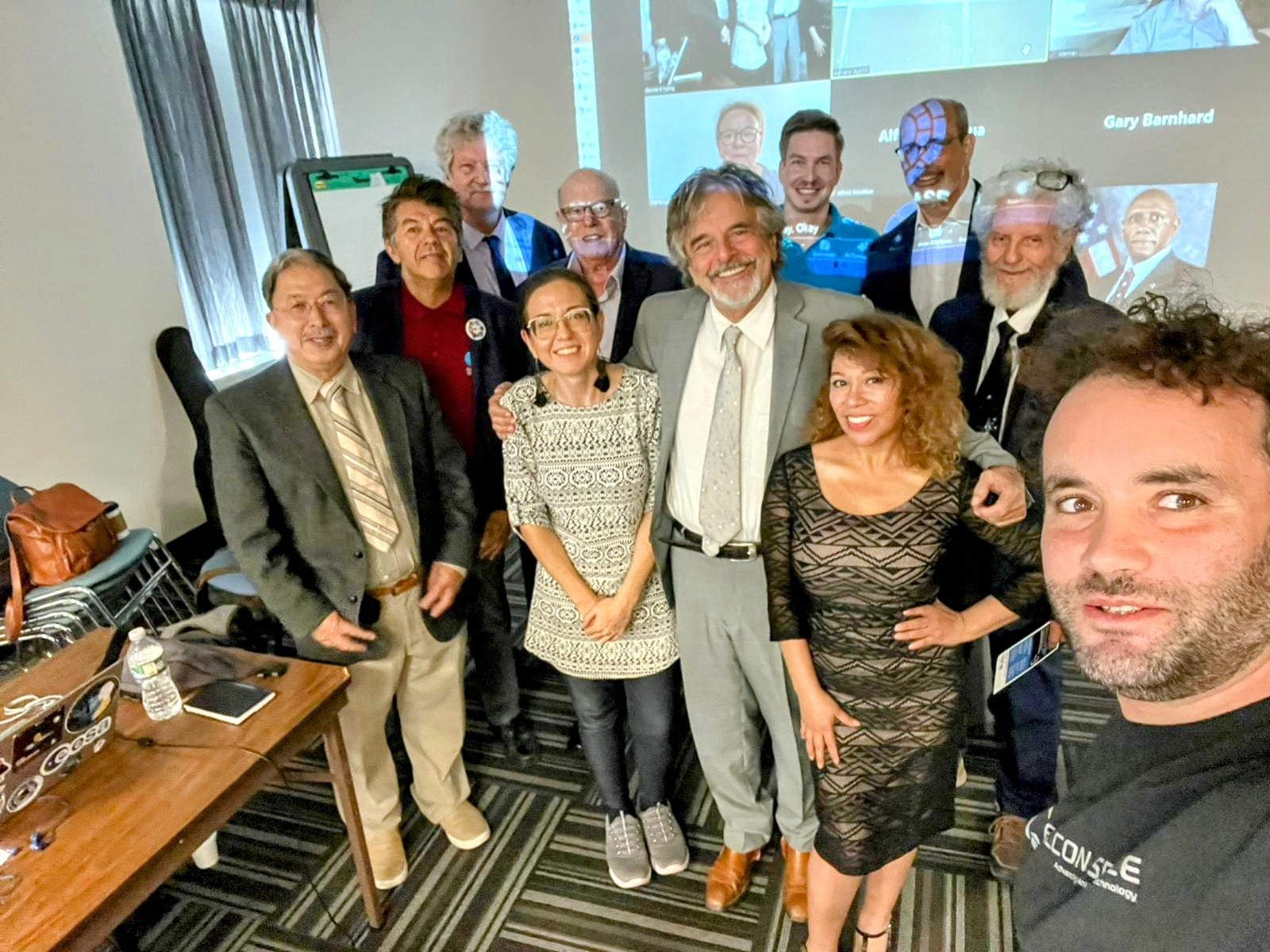




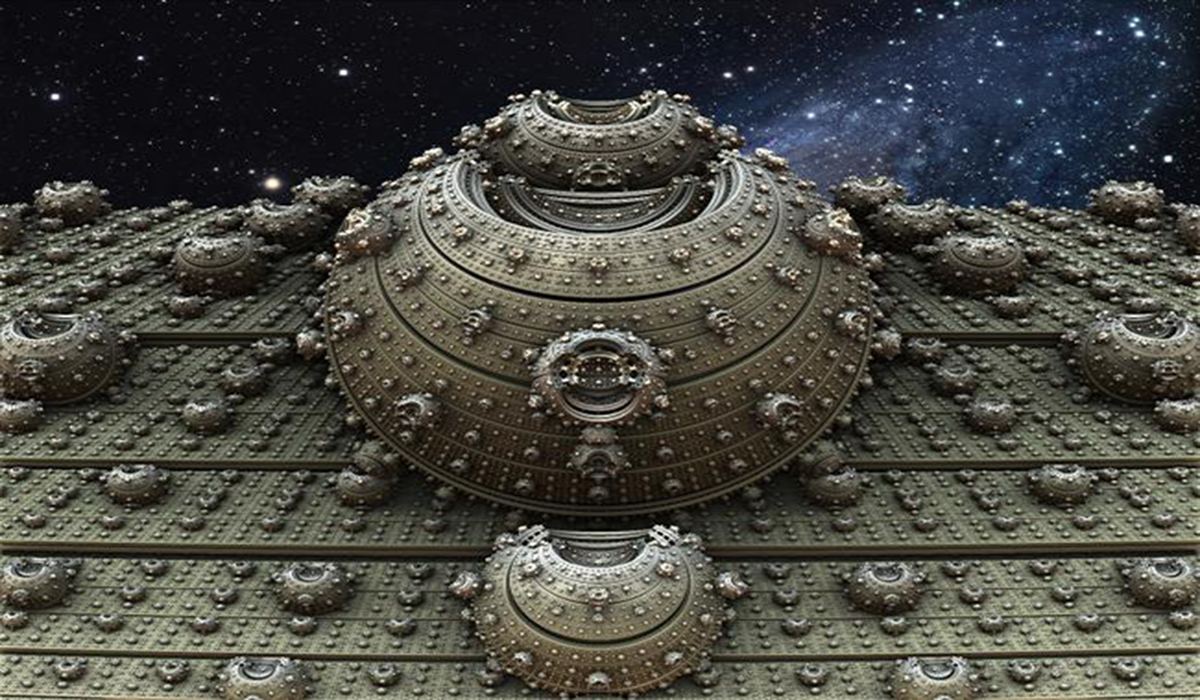

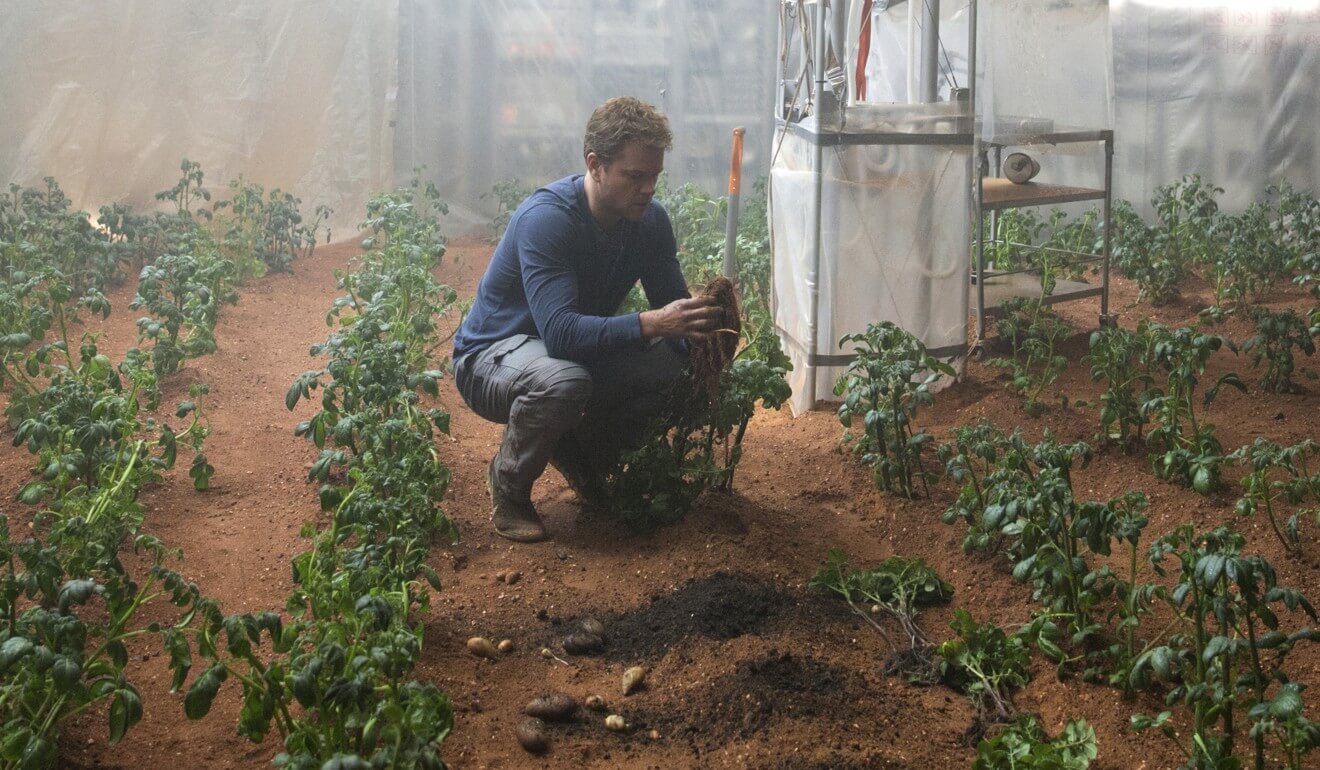



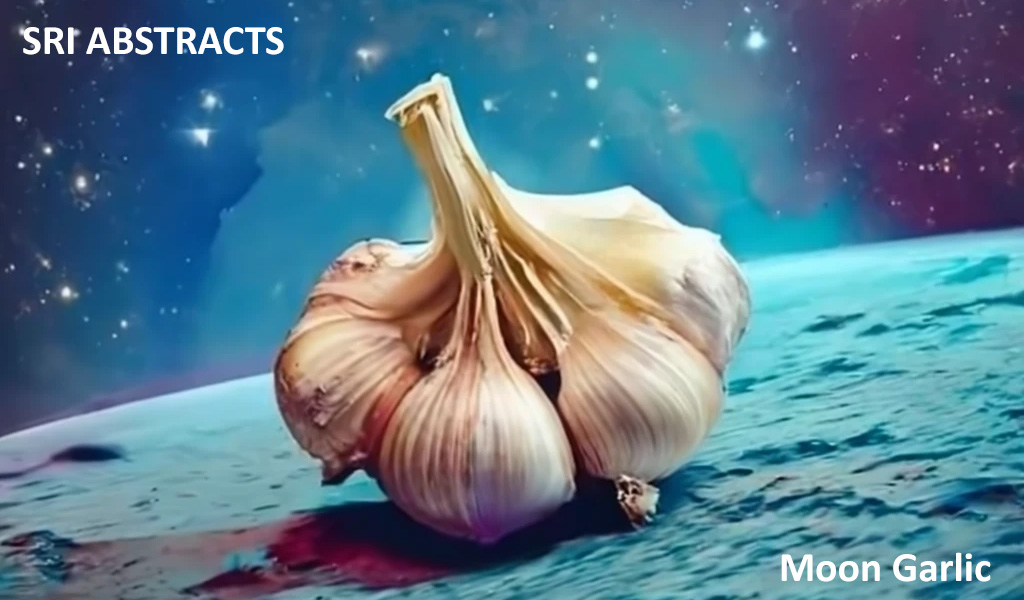





 Space Renaissance France (French Chapter of SRI)
Space Renaissance France (French Chapter of SRI)  Space Renaissance USA, Inc. (USA Chapter of SRI)
Space Renaissance USA, Inc. (USA Chapter of SRI) Space Renaissance (Italian Chapter of SRI)
Space Renaissance (Italian Chapter of SRI) Space Renaissance Academy
Space Renaissance Academy Space Renaissance Initiative Group
Space Renaissance Initiative Group